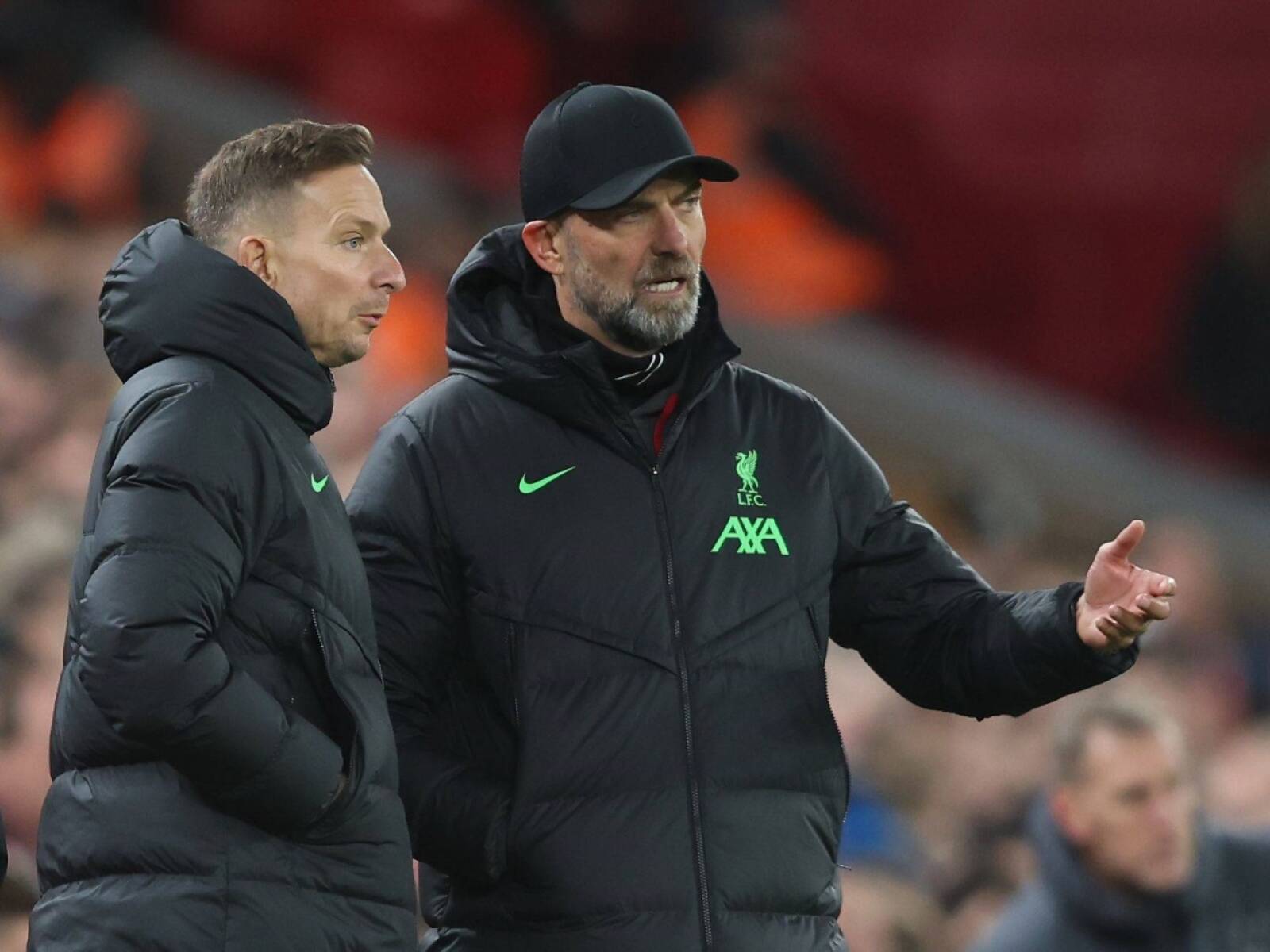
Introduction
Pep Lijnders has emerged as one of the most innovative and tactical minds in contemporary football management. Currently serving as the assistant manager at Liverpool FC, his influence on the team’s playing style and strategic approach cannot be understated. With an ever-evolving landscape in professional football, Lijnders’s methodologies are gaining considerable attention among football analysts and fans alike.
The Role of Pep Lijnders at Liverpool
Since rejoining Liverpool in 2018, Pep Lijnders has played an instrumental role in the club’s success, contributing significantly to the team’s tactical preparations. His background in coaching, notably his time with FC Porto and his previous tenure at Liverpool, endowed him with a wealth of experience. Under the guidance of Jurgen Klopp, Lijnders has helped in refining Liverpool’s unique gegenpressing style, which puts relentless pressure on their opponents.
Tactical Innovations
Lijnders’s approach centres on fluidity, flexibility, and a strong emphasis on player development. He believes in a system where players understand both their roles and the collective vision. A firm advocate for positional play, he encourages players to maintain their shape while possessing the freedom to express themselves on the pitch. Following Liverpool’s recent successes in both domestic and European competitions, it is clear that such tactics are paying off.
Recent Developments
In recent weeks, Liverpool’s performances have attracted attention due to their resilience and adaptability in challenging matches. A notable highlight was the team’s strategic triumph over Manchester City, where Lijnders’s tactical insights proved crucial in dissecting City’s high-pressing game. Analysts have emphasized that Lijnders’s capability to integrate young talent alongside experienced players is pivotal for maintaining Liverpool’s competitive edge in the Premier League.
Conclusion
Pep Lijnders stands as a pivotal figure in modern football, consistently redefining tactical approaches and youth integration within top-tier teams. His work at Liverpool FC illustrates the effectiveness of progressive tactics and the importance of a cohesive team philosophy. Looking ahead, as Liverpool continues to compete at the highest level, further utilisation of Lijnders’s tactical acumen could solidify the club’s status within European football. Fans and analysts alike eagerly watch how his managerial journey unfolds, anticipating new innovations that may set the standard for future football tactics.
You may also like

The Rise and Recent Developments of Paris Saint-Germain F.C.

Barcelona vs Rivals: Understanding the Historic Football Rivalry
